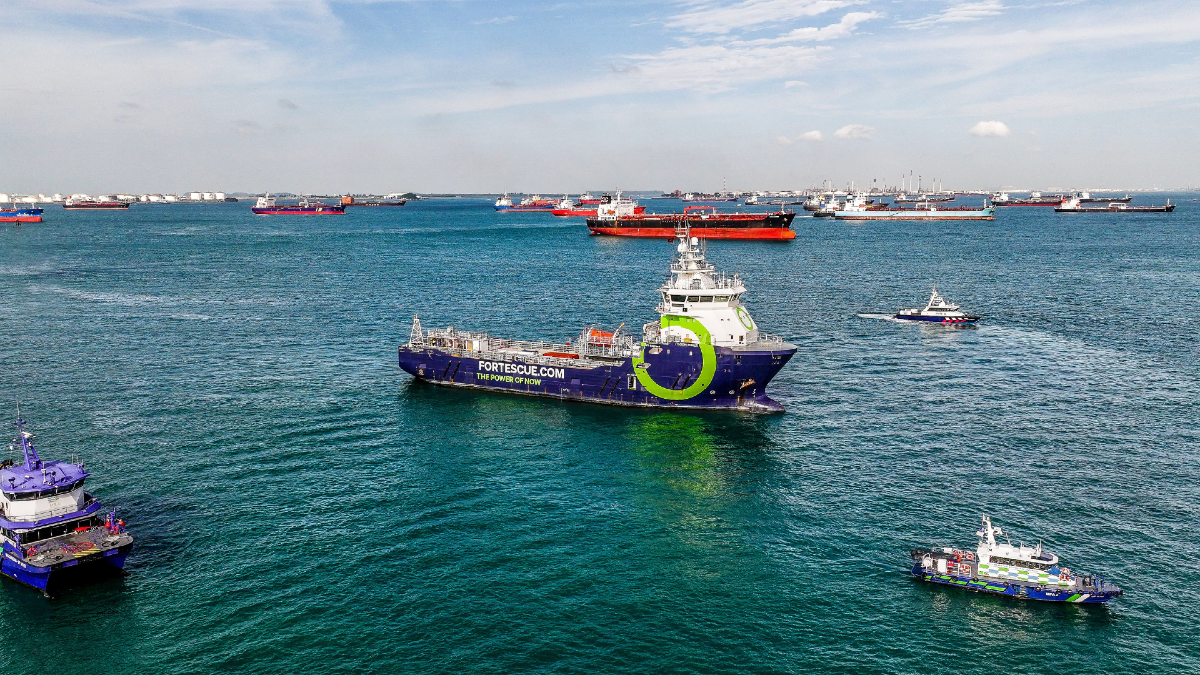Navigating the Turbulent Seas: A Reflection on the Marine Industry in 2024
Key Ideas
- EU ETS inclusion poses challenges for large ships but incentivizes emission reduction.
- Technological advancements in ammonia retrofitting and LNG highlight industry progress.
- Renewed focus on crew training, safety, and well-being emphasized for sustainable future.
- Call for prioritizing people's welfare alongside technological innovations in maritime sector.
The year 2024 brought significant changes and challenges to the marine industry, with the inclusion of marine transport in the EU Emissions Trading System (EU ETS) standing out as a major regulatory shift. This move aims to reduce greenhouse gas emissions from ships, gradually increasing the obligations for shipowners over the next few years. The industry saw advancements in technology, such as pioneering retrofit work on ammonia-fueled vessels and a growing interest in LNG-powered ships. Investments in fleet renewal have prioritized alternative fuel capabilities, signaling a shift towards cleaner energy sources. While technologies like hydrogen fuel cells and onboard carbon capture are on the horizon, the industry acknowledges that the future success of maritime decarbonization relies on well-trained crew and shoreside staff. The importance of maintaining crew safety and welfare was underscored amidst reports of abandoned ships and seafarers. The industry's focus on people, alongside technological developments, is crucial for navigating a sustainable and efficient future for maritime transport.
